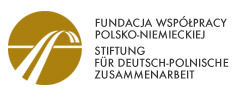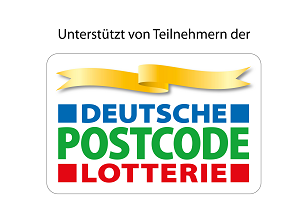Baby Nappies Report
Serious error in agency's diaper report; re-useable and disposable score equally
06.06.2005 |Helen Lynn, WEN
MEDIA STATEMENT
19 May 2005
Environment Agency nappy report is seriously flawed
A long and expensive study comparing the environmental impacts of disposable and cloth nappies is seriously flawed, says Women’s Environmental Network (WEN).
The lifecycle analysis (LCA) for the Environment Agency has taken four years and cost more than £200,000 and concludes there is “no significant difference between any of the environmental impacts”. But the conclusion is based on poor quality data and misses the point of its own findings.
“This lifecycle analysis is a wasted opportunity to put the long-standing debate about nappies and the environment to rest,” says WEN’s Ann Link. “It says what most other LCAs have: that both systems use similar amounts of energy but the disposable system uses more materials and puts more into landfill. But it has missed the point of its own findings. Even in its current flawed state it shows that parents who use cloth nappies can save waste confident in the knowledge that washing them will cause no more global warming than disposable nappies.
“The biggest impacts it identifies are all to do with energy production and use - abiotic resource depletion (fossil fuel use), global warming and acidification - yet if parents use 24 nappies and follow manufacturers' instructions to wash at 60oC using an A rated washing machine they will have approximately 24% less impact on global warming than the report says.”
The LCA measures the environmental impact of reusable and disposable nappies from the raw material stage (e.g. coal, trees or cotton plants) through manufacturing processes to their use, disposal and emissions (e.g. CO2) back into the environment.
Data used for key assumptions is unsatisfactory in many instances. The report itself raises concerns with regard to assumptions that result in ‘a high level of uncertainty associated with the reusable nappy systems’.1 It admits that ‘the amount of analysis and quality of the results might be improved with a larger sample and by refining the questions.’ 2
Over 2,000 parents using disposable nappies were surveyed. By contrast, most of the survey results for reusable nappies were drawn from a sample of 117 parents, further reduced to 32 because users of terry towelling nappies were relied on for most assumptions. This resulted in as few as two respondents being used for certain key assumptions.
The study gives little useful advice and will confuse parents.
The reusable system has enormous potential for improvement in environmental performance. This is hinted at in the LCA but not highlighted. Consumer guidance from sensitivity analyses has not been provided on what practice would achieve a significant reduction in environmental impact. WEN has found that a 17% reduction in global warming impacts can be achieved by using an A rated washing machine and following manufacturers’ guidance to wash at 60oC. With A rated washing machine sales at near saturation by early 2005 many real nappy users are already achieving this saving. Parents only need use 24 real nappies, rather than the 47 the LCA assumes, reducing their global warming impact by another 6.9%.3
While WEN welcomes the Environment Agency’s undertaking to carry out further work in this area it is urgently required to bring the report in line with recent technological and product developments.
Disposable nappies are the largest single product category in household waste. While waste amounts are still rising, the EU Landfill directive requires a reduction of 35% in biodegradable waste over a 25 year period.
Elizabeth Hartigan, co-ordinator of WEN’s real nappy project, says: “Using real nappies puts parents in control. With a good washing routine parents can minimise the environmental impact of their babies’ nappies, reduce waste and save themselves money."
































